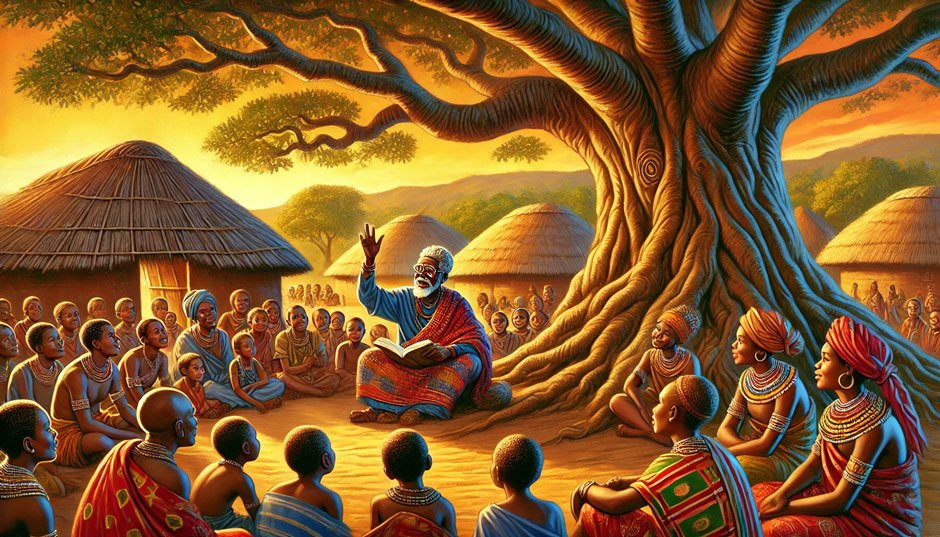Our names are more than just labels. They reflect our origins, our ancestors, and sometimes the hopes others have for us. Names tell stories. Some families pass them down through the years, while other parents select them as a memento of their hopes and aspirations for their child. Ultimately, names form the first part of the legacy we carry.
No matter the reason behind your own name, it serves as an anchor. Names connect us to memories, values, and ties that go beyond mere sounds. In a fast-paced world that often forgets its history, rediscovering the meaning of names can ground us and strengthen our sense of belonging.
Names as Personal History
In many families, names are chosen intentionally and carry deep meanings. They may honor a loved one, reflect cultural or religious backgrounds, or embody resilience. Some names draw inspiration from nature, poetry, music, or the time and place of a child’s birth.
Some names come with stories that have been told so often they feel part of our lives. “We named you after your grandfather, who was a great influence in our lives.” “Your name means light, and we chose it because you were born during a storm.” These stories are affirmations of love, survival, and hope.
For those who adopt new names later in life, whether to affirm their identity or let go of an ill-fitting name, there is power in that choice. Reclaiming or renaming is a form of storytelling. It declares: this is who I am now, and this is who I’ve always been becoming.
The Living Ties of Family Traditions
Traditions often hold the deepest meaning of a name. Through shared meals, seasonal rituals, or long-standing habits, families express their identity in how they gather and what they do together.
These rituals might include formal holiday dinners, naming ceremonies, family reunions, or more casual activities like Sunday breakfasts or a yearly walk around the park on a grandparent’s birthday. These practices create a rhythm and provide names and relationships with a living context. They show families who they are.
In many homes, these traditions also include shared activities like cooking, gardening, storytelling, and games passed down through generations. These moments can be joyful and grounding, providing space for names and stories to resurface.
Traditional games have always played a part in family rituals, offering more than just entertainment. They foster connection, storytelling, and continuity. From dominoes passed down through generations to card games taught by grandparents at the kitchen table, these activities help bridge age gaps and preserve shared customs. One example is Mahjong, commonly played during family holidays or cultural celebrations among families with Chinese heritage. Similarly, American families often have a tradition of weekly Monopoly games, which they pass down to future generations.
Whether it’s a weekend chess match, storytelling circles, board game nights, or a quiet afternoon puzzling over tiles, these rituals become part of our living legacy. They give us reasons to gather, pass down traditions, and create memories to share again in the future.
Reclaiming Meaning in a Fast-Moving World
Modern life moves quickly. It’s easy to lose sight of who we are amid deadlines, distractions, and constant communication. Yet, there is power in pausing to reflect on our names: What do they mean? Who chose them? What traditions helped shape us?
This reflection can be simple. Start with small actions:
- Ask an elder about the origin of your name.
- Write down the story of how you chose your child’s name.
- Begin a family tradition, like a yearly letter exchange.
- Keep a name journal to record family names, meanings, or historical details.
- Develop practices that create new traditions while honoring old ones.
These moments remind us that identity isn’t just something we inherit. It’s something we build, practice, and share.
A Shared Story
The beauty of names is that they don’t exist in isolation. They relate to other names, connect to relationships, and fit into traditions that give them meaning. When we speak someone’s name, we’re invoking a story.
When we participate in rituals or games meaningful to our families or communities, we do the same. We continue the narrative and add our chapter.
So, whether you are reflecting on your name, helping a child understand theirs, or bringing back a tradition, remember everything is connected. Identity is a living entity. It evolves, strengthens, and flourishes through intention, connection, and care.
In moments of laughter around a game table, stories at family dinners, or quiet reflection on a name’s meaning, we remember we are not just individuals. We are part of something larger. Something beautiful, ongoing, and worth preserving.










